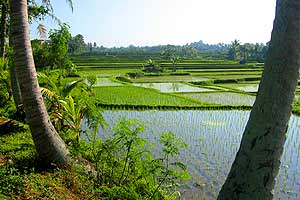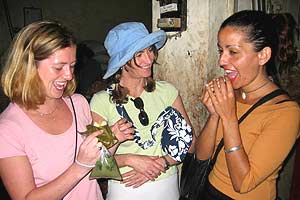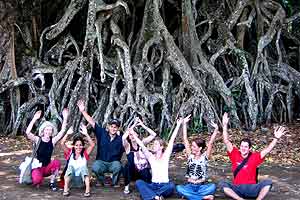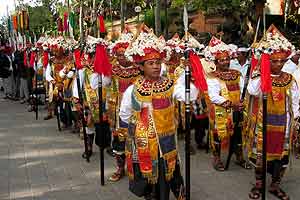 |
|||||
|
Training
Week |
|
The Training
Bahasa Indonesia is the lingua franca of the polyglot Indonesian archipelago. Based on Malay, it is a simple language whose rudiments can be easily mastered. The director of the volunteer program,
Jenny O’Donnell,
has developed an English language course of proven effectiveness
for use in Balinese schools. Our training emphasizes a hands-on and
very active
way of
teaching, integrating songs and games into organized
lessons. Balinese village life is very different from that with which our volunteers are generally familiar. To teach effectively, volunteers must be welcomed and accepted into the community in which they will live. It is, therefore, vitally important to be culturally aware and sensitive to local customs in order to avoid saying and doing things that might inadvertently give offense or alienate the hosts. |
|
Sample of training-week activities |
|
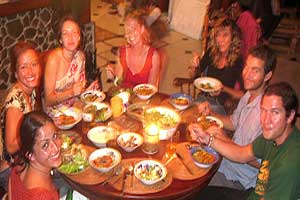 |
Welcome party
|
| Indonesian Language immersion course
|
|
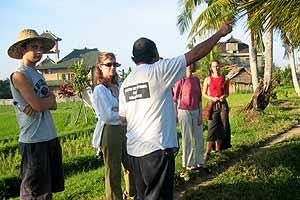 |
Rice field walk
|
|
Payangan market trip
|
|
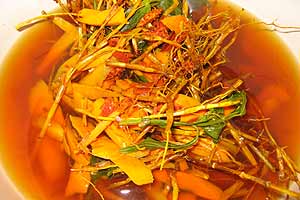 |
Balinese Traditional Healing
|
|
NPO Chat
|
|
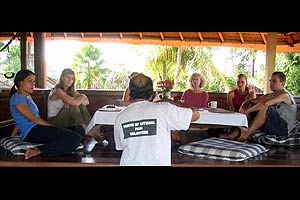 |
Village Talk
|
| Performances and Ceremonies
|
|
| ©2003 Volunteer Bali | Contact Us | Related Articles | Links | Site Map | Home |

